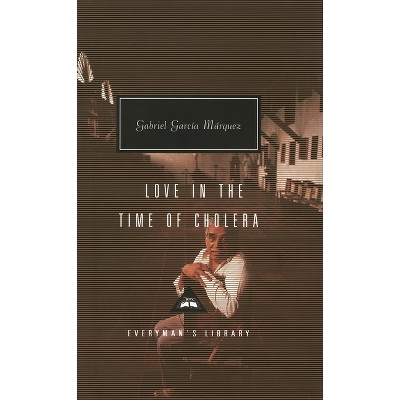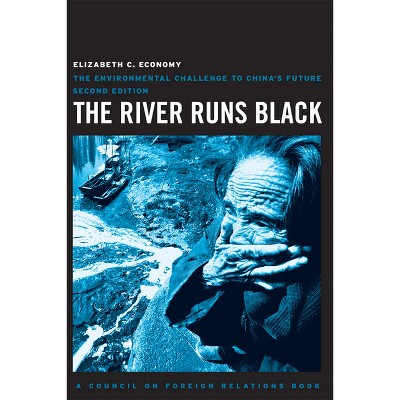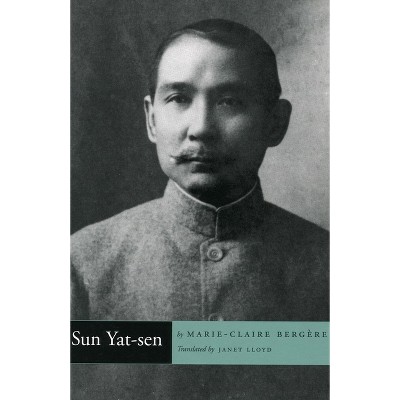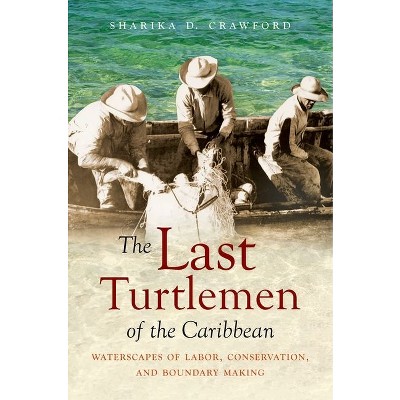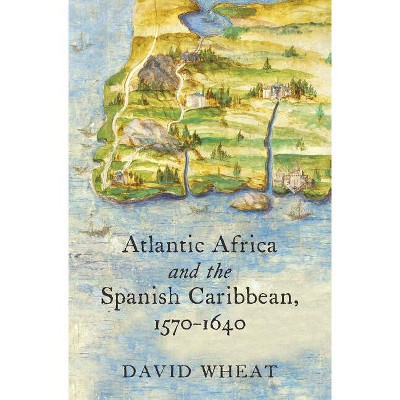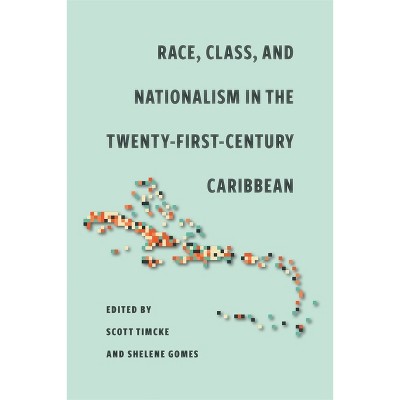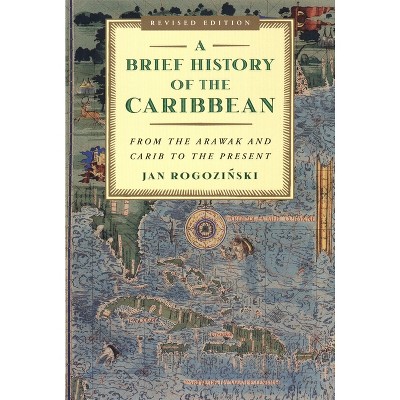Sponsored

The Experiential Caribbean - by Pablo F Gómez (Paperback)
In Stock
Sponsored
About this item
Highlights
- Opening a window on a dynamic realm far beyond imperial courts, anatomical theaters, and learned societies, Pablo F. Gómez examines the strategies that Caribbean people used to create authoritative, experientially based knowledge about the human body and the natural world during the long seventeenth century.
- About the Author: Pablo F. Gómez is assistant professor in the Department of Medical History and Bioethics and the Department of History at the University of Wisconsin-Madison.
- 314 Pages
- History, Caribbean & West Indies
Description
About the Book
"Pablo F. Gâomez examines the strategies that Caribbean people used to create authoritative, experientially based knowledge about the human body, healing, and the natural world during the long seventeenth century. Gâomez treats the early modern intellectual culture of these mostly black and free Caribbean communities on its own merits and not only as justified by how it relates to well known frameworks for the study of science and medicine"--Book Synopsis
Opening a window on a dynamic realm far beyond imperial courts, anatomical theaters, and learned societies, Pablo F. Gómez examines the strategies that Caribbean people used to create authoritative, experientially based knowledge about the human body and the natural world during the long seventeenth century. Gómez treats the early modern intellectual culture of these mostly black and free Caribbean communities on its own merits and not only as it relates to well-known frameworks for the study of science and medicine.
Drawing on an array of governmental and ecclesiastical sources--notably Inquisition records--Gómez highlights more than one hundred black ritual practitioners regarded as masters of healing practices and as social and spiritual leaders. He shows how they developed evidence-based healing principles based on sensorial experience rather than on dogma. He elucidates how they nourished ideas about the universality of human bodies, which contributed to the rise of empirical testing of disease origins and cures. Both colonial authorities and Caribbean people of all conditions viewed this experiential knowledge as powerful and competitive. In some ways, it served to respond to the ills of slavery. Even more crucial, however, it demonstrates how the black Atlantic helped creatively to fashion the early modern world.
Review Quotes
"[Gómez] excels at animating old words to tell stories of lived experience of the seventeenth century . . . [and demonstrating] the continuing vitality of the subject of health and medicine in the scholarship of the Atlantic-era Caribbean."--New West Indian Guide
"A far more interesting tale of adaptation and creativity in the face of dislocation and competition. Gómez's books provides a wonderful picture of the Spanish Caribbean's 'intellectually eclectic spaces' (174)."--William & Mary Quarterly
"An important contribution to the emerging field of the social history of health and medicine in the Caribbean and to our understanding of the region's' intellectual and cultural past. . . . [A]mbitious and sophisticated. . . . [A] fascinating book that significantly adds to our understanding of the Caribbean and the Atlantic world."--Bulletin of Latin American Research
"An intriguing book, and an important one. . . . Gómez convincingly shows the vast array of epistemes, or knowledge systems, that came together in the colonial Caribbean's worlds and points to how the confrontations of these knowledge systems from Africa, the Americas, and Europe were used to heal people."--H-Caribbean
"Gómez has provided an excellent model for how scholars today can see through the smokescreen of 'modernity' to recognize the experiential revolution wrought by Black practitioners in the seventeenth-century Caribbean."--American Religion
"Gómez profitably follows Annemarie Mol in suspending any but performative notions of ontology. . . . This is a bold move for a historian of medicine . . . but is is the step to take if we want to counteract what E. P. Thompson famously called the enormous condescension of posterity when it comes to historical worlds of pain and healing such as those that took shape in the seventeenth-century Caribbean."--Hispanic American Historical Review
"Pablo Gómez's book fills a significant fissure in our understanding of the processes and countervailing forces at play in the production of knowledge in the early modern Atlantic. . . . [R]emarkable. . . . Gómez's boldly argued book is a welcome contribution to the history of science and medicine in the early modern Caribbean."--The Americas
"Piece by piece scholars are foregrounding and incorporating this neglected region as its heritage is taken to the brink. Gómez's work makes a timely and valuable contribution."--Journal of American History
"What emerges from Gómez's investigation is an ever-changing Caribbean where local ideas and practice came to the fore. . . . Recommended."--CHOICE
"With a sharp eye for epistemic difference, deep knowledge of medical science, and an engaging style, Gómez demonstrates that the scientific revolution took place in the margins of the seventeenth-century Atlantic world, in the hands and minds of people of African descent."--Bulletin of the History of Medicine
About the Author
Pablo F. Gómez is assistant professor in the Department of Medical History and Bioethics and the Department of History at the University of Wisconsin-Madison.Shipping details
Return details
Frequently bought together

